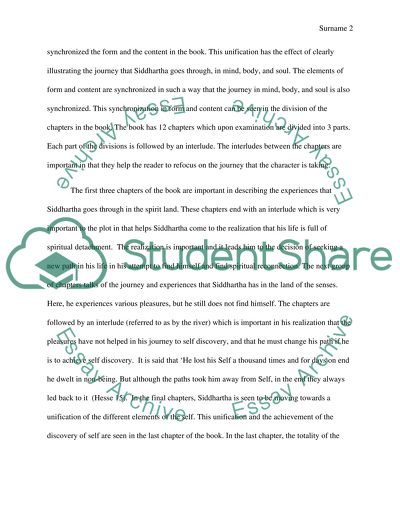Cite this document
(“Siddhartha is by Herman Hesse Essay Example | Topics and Well Written Essays - 1250 words”, n.d.)
Retrieved from https://studentshare.org/literature/1451824-siddhartha-is-by-herman-hesse
Retrieved from https://studentshare.org/literature/1451824-siddhartha-is-by-herman-hesse
(Siddhartha Is by Herman Hesse Essay Example | Topics and Well Written Essays - 1250 Words)
https://studentshare.org/literature/1451824-siddhartha-is-by-herman-hesse.
https://studentshare.org/literature/1451824-siddhartha-is-by-herman-hesse.
“Siddhartha Is by Herman Hesse Essay Example | Topics and Well Written Essays - 1250 Words”, n.d. https://studentshare.org/literature/1451824-siddhartha-is-by-herman-hesse.


